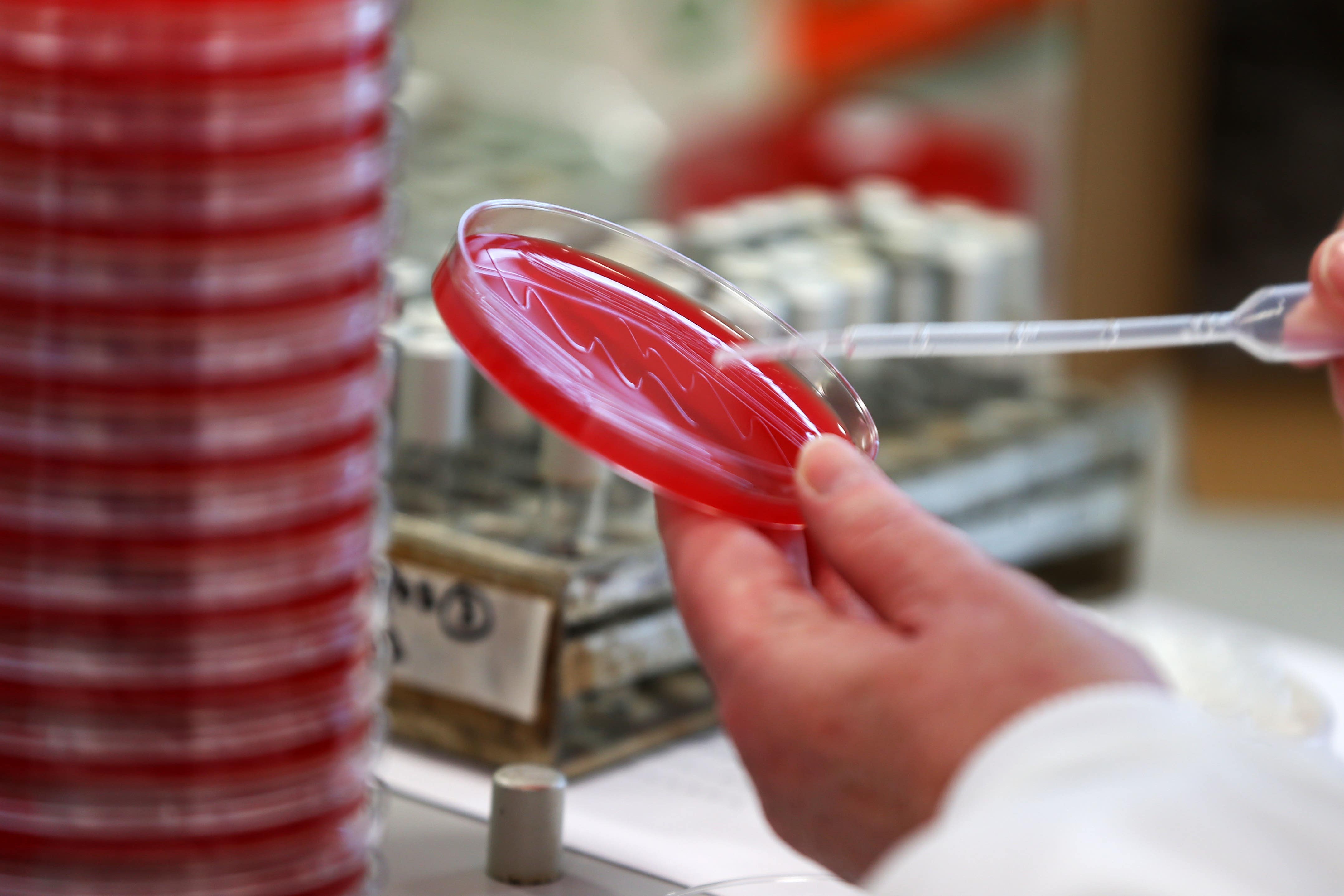Invasive cocklebur weed found to have anti-ageing properties, study suggests
Cocklebur has antioxidant and anti-inflammatory components that could make it useful as a skin protectant

Your support helps us to tell the story
From reproductive rights to climate change to Big Tech, The Independent is on the ground when the story is developing. Whether it's investigating the financials of Elon Musk's pro-Trump PAC or producing our latest documentary, 'The A Word', which shines a light on the American women fighting for reproductive rights, we know how important it is to parse out the facts from the messaging.
At such a critical moment in US history, we need reporters on the ground. Your donation allows us to keep sending journalists to speak to both sides of the story.
The Independent is trusted by Americans across the entire political spectrum. And unlike many other quality news outlets, we choose not to lock Americans out of our reporting and analysis with paywalls. We believe quality journalism should be available to everyone, paid for by those who can afford it.
Your support makes all the difference.The fruit of the cocklebur plant, which grows worldwide and is often considered a noxious weed, has anti-ageing potential, a new study suggests.
The weed has antioxidant and anti-inflammatory components that could make it useful as a skin protectant, researchers say.
According to the study, compounds in the plant’s spiky fruits reduced damage from UVB exposure – rays that can cause sunburn, darkening and thickening of the outer layer of the skin – and sped up wound healing in laboratory tests using cells and tissues.
We found that cocklebur fruit has the potential to protect the skin and help enhance production of collagen
The cocklebur extracts also appear to influence the production of collagen, a protein that gives skin its elasticity and prevents wrinkles, the research suggests.
Eunsu Song, a doctoral candidate at Myongji University in South Korea, who conducted the research with Myongji University Professor Jinah Hwang, said: “We found that cocklebur fruit has the potential to protect the skin and help enhance production of collagen.
“In this regard, it could be an attractive ingredient for creams or other cosmetic forms.
“It will likely show a synergistic effect if it is mixed with other effective compounds, such as hyaluronic acid or retinoic acid, against ageing.”
The findings were presented at the annual meeting of the American Society For Biochemistry And Molecular Biology in Seattle, America.
Cocklebur is native to Southern Europe, Central Asia and China and has spread worldwide, often found in moist or sandy areas such as roadside ditches and riverbanks.
In its burrs, cocklebur fruit also has a toxic constituent, carboxyatractyloside, which can damage the liver
Its fruits, covered in stiff husks and burrs, have been used for centuries in traditional medicines for headache, stuffy nose, disorders of skin pigmentation, tuberculosis-related illness and rheumatoid arthritis.
Recent studies have explored its potential use in treatments for rheumatoid arthritis and cancer.
Researchers say the new study is the first to examine the fruit’s properties as a wound-healing agent and skin protectant.
They studied the molecular properties of cocklebur fruit extracts and isolated particular compounds that could contribute to antioxidant and anti-inflammatory effects.
Then they conducted laboratory experiments in cells and on a 3D tissue model with properties similar to human skin to study how these compounds affect collagen production, wound healing and damage from UVB radiation.
According to the results, the cocklebur fruit extracts encouraged collagen production, sped up wound healing and exerted a protective effect against UVB radiation.
Cocklebur showed a potential as a cosmetic agent by increasing collagen synthesis; however, it showed negative results with higher concentrations
The researchers also found that fruits grown in South Korea had slightly higher antioxidant and anti-inflammatory properties and greater wound-healing activity than those grown in China.
They also warn that high doses of cocklebur fruit extract can be harmful and further research is needed to determine how to use it safely in cosmetic or pharmaceutical applications.
Ms Song said: “In its burrs, cocklebur fruit also has a toxic constituent, carboxyatractyloside, which can damage the liver.
“Cocklebur showed a potential as a cosmetic agent by increasing collagen synthesis; however, it showed negative results with higher concentrations.
“Therefore, finding the proper concentration seems very important and would be key to commercialising cocklebur fruit extracts in cosmetics.”